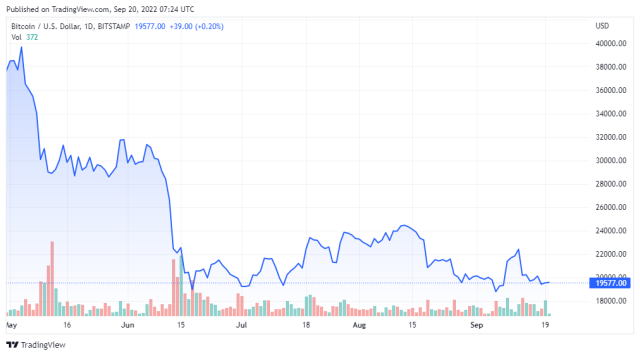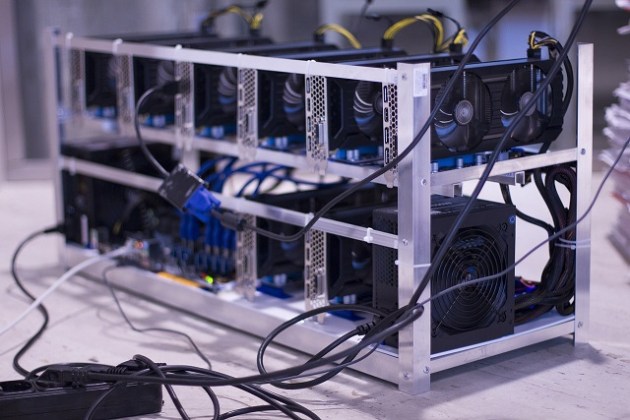Four Stories From Argentina, Where Bitcoin And Crypto Rule The Land
In current-day Argentina inflation is no joke and prices change every day. That means it’s fertile ground for bitcoin and crypto adoption. “The central bank has warned repeatedly about the risk of investing in volatile digital currencies, and some adopters are taking it carefully,” says Reuters. Once in a blue moon, mainstream media reports on bitcoin and crypto in a relatively positive light, and Argentina inspired one of those rare articles.
According to Reuters, “crypto penetration in Argentina was 12%, around double the level of Mexico and Brazil.” The cause might be that the peso “has depreciated 14% this year against the dollar” and that “annual inflation rose to 58% in April and could go as high as 70% this year.” Not only that, Argentina is under “capital controls limiting foreign exchange to $200 monthly.” So, there’s a huge incentive to seek refuge in bitcoin and stablecoins.
From Argentina: The Cafe Owner
In the Buenos Aires port of Puerto Madero, the Crypstation cafe recently opened. Screens show “real-time cryptocurrency price quotes” and they accept bitcoin and crypto. Reuters quotes one of Crypstation’s founders, Mauro Liberman:
“The local environment is pushing people to protect their capital in cryptocurrencies and so we see growth speeding up. Throughout Latin America the growth potential is enormous. It is an avalanche that won’t be stopped.”
From Argentina: The IT Specialist
Another interviewee is Victor Levrero, “an IT specialist in Buenos Aires province” who “puts his extra savings into stablecoin and bitcoin each month after using up his $200 quota to convert pesos to dollars.” He told Reuters that he doesn’t even bother with banks anymore:
“Basically, it’s because I lose less. With Argentine inflation of between 60-70%, and fixed terms paying 30-35%, it just doesn’t work.”

BTC price chart for 09/20/2022 on Bitstamp | Source: BTC/USD on TradingView.com
From Argentina: The Self-employed Computer Technician
Even though he’s in computers, Marcelo Vila only has “a small amount invested in bitcoin and Ether.” He’s proceeding with caution, as all newcomers should:
“The idea is to expand the proportion of funds invested in crypto. But until I get to know the crypto market, I can’t put a lot of money into it.”
From Argentina: The Home Miner
The fourth subject is Sebastian Carsorio, who comes from a poor neighborhood and “is looking to dig himself out of poverty using a home-made cryptocurrency mine he assembled with recycled computer parts from his work.” Impressive.
“I repaired the things and put it together in a computer,” he told Reuters at his home, where he had screens showing how the mining is going. He started with Ethereum and then bitcoin – which allowed him to buy some land and go back to school.
“I’ll keep mining because it’s a good way of saving,” Carsorio said, explaining that he gets a better exchange rate for pesos than he would on the street. “When money has been tight, mining has saved me many times.”
How many Argentinians could say something similar? Bitcoin and crypto are taking hold in the country because people need them. The deal the government signed with the FMI that specifically demanded for them to discourage the bitcoin industry in Argentina can only do so much. People need a refuge from inflation and cryptocurrencies provide it, it’s as simple as that.
In recent news that reflect crypto adoption, Bitfarms recently started the engine on their brand new bitcoin farm in Argentina. For their part, the government of the wine-producing region of Mendoza announced that they will accept tax payments in cryptocurrencies.
Featured Image by Pexels from Pixabay | Charts by TradingView




